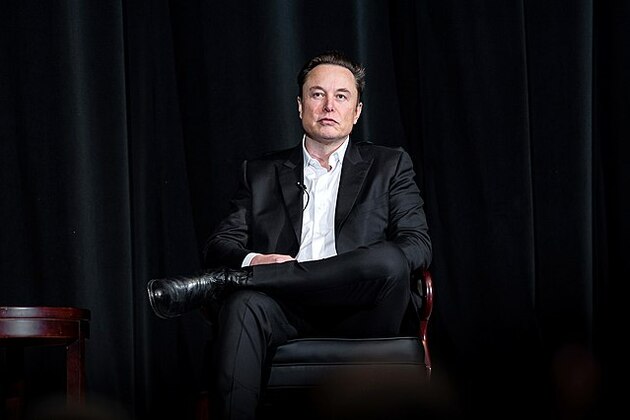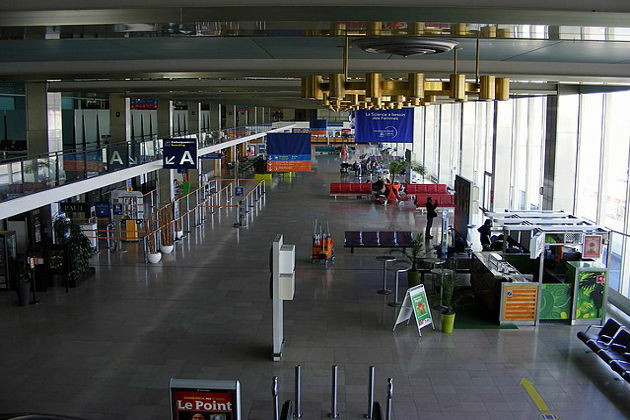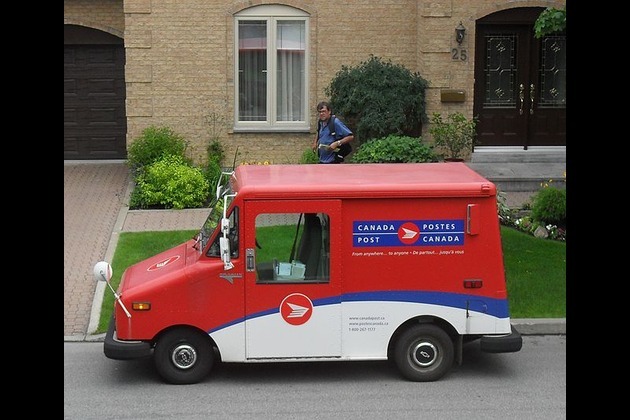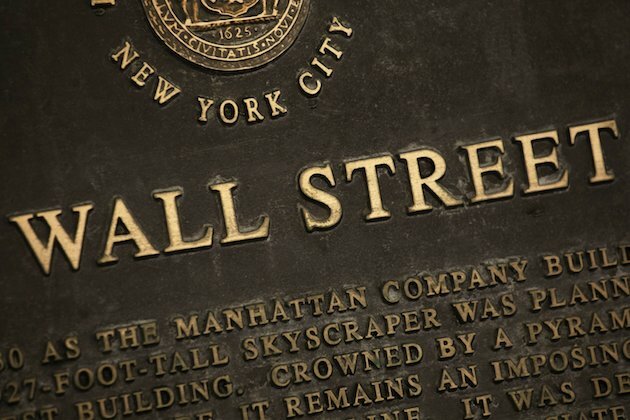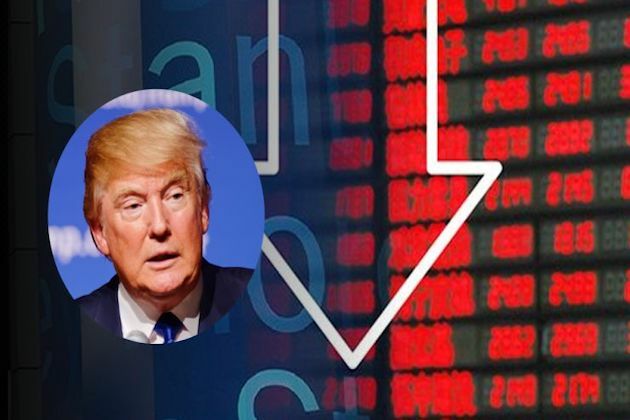Why capping food prices won't work - and will actually make things worse
The Conversation
23 Jun 2022, 02:08 GMT+10

Australian shoppers are facing a crisis in the fresh-food aisles.
Iceberg lettuces that cost $2.80 a year ago have doubled, or tripled, in price. Brussel sprouts that cost $4 to $6 a kilogram are now $7 to $14. Beans that cost $5 to $6 a kilogram are now more than double - and five times as much in remote areas.
That's if you can even find such produce. Supermarket shelves for leafy greens are often bare.
This is a strong hint as to why prices have risen so much. As well as growers facing higher input costs - in line with pressures pushing up food prices globally - these price hikes are being driven by lack of supply - with crops and stores wiped out by rain and floods in eastern Australia.
Read more: Why is lettuce so expensive? Costs have shot up, and won't return to where they were
The price hikes have led to calls for supermarkets to impose price caps to ensure shoppers can still afford to feed their families healthy food.
But price ceilings on goods or services rarely, if ever, work. Prices play an important role in allocating resources efficiently. They send a signal to both customers and suppliers. To arbitrarily reduce prices would only increase shortages - both now and in the longer term.
Supply, demand and market equilibrium
The laws of supply and demand are fundamental concepts in economics. The law of demand says buyers will demand less of an economic good the higher its price. The law of supply says sellers will supply more of a good the higher the price. There are some rare exceptions, but generally these laws describe all markets.
British economist Alfred Marshall was the first to illustrate the interaction of these two laws graphically, in his 1890 book Principles of Economics. Market equilibrium (balance) occurs at the price and quantity where demand equals supply.
If the quantity supplied falls, the market response is for prices to rise, achieving a new equilibrium. If the quantity supplied falls but prices remain the same, demand will outstrip supply, leading to shortages.
Fresh fruit and vegetables are particularly prone to significant price fluctuations because they are perishable and cannot be easily stored for a long time. This why seasonal price fluctuations are common.
Higher prices provide a signal both to consumers and producers. They tell consumers to buy less and switch to alternatives. They provide an incentive for producers to grow more - though this process is fairly slow given the time needed to grow and harvest fruit and vegetables.
But eventually, if the market is left to its own devices, prices will eventually return to "normal", consistent with historical prices.
Capping the price, on the other hand, will benefit those lucky enough to grab supplies when they available. But it will likely reduce supply even further, by affecting the decision of producers unwilling to supply at below-market prices.
It could also lead to a "black market", with some customers sourcing supplies by other means at higher uncapped prices.
Evidence from rent controls
The economic theory of price caps is well supported by empirical evidence. The best-known involve rent controls, which are used in US cities such as New York City and Los Angeles, and in European cities such as Stockholm, Berlin and Dublin.
Rent controls mean some are lucky enough to find an affordable apartment. Many others miss out - or engage in "deals" with landlords to get around the controls. The most disadvantaged tend to lose out most since landlords can discriminate in favour of what they consider the "more desirable" tenants.
As Stanford University economist Rebecca Diamond has written:
As with housing, so too with broccoli and cabbage.
Read more: Why the NZ government is right to rule out rent controls as a housing crisis solution
We've seen this all before
So generally price caps are to be avoided.
If there are suspicions of wholesalers or retailers exploiting shortages, this is best handled by the Australian Consumer and Competition Commission. Though "price gouging" is generally not illegal, the consumer watchdog can prosecute companies for makes misleading claims about the reasons for price increases and for unconscionable conduct (in the case of extreme gouging for an essential good).
What else can be done? Only what consumers have always done, which is to substitute relatively cheaper goods for those becoming more expensive.
We've seen this before. Queensland's floods in 2011 destroyed vast crops of bananas and watermelons, causing prices to skyrocket. Shoppers switched to other fruits. Banana farmers recovered. Prices dropped.
These high prices for lettuce and such now may be a shock, but they are not a sign of market failure requiring intervention. If we let the market do its thing, shortages will end and prices return to "normal" - at least until the next natural disaster.
Author: Phil Lewis - Professor of Economics, University of Canberra 
 Share
Share
 Tweet
Tweet
 Share
Share
 Flip
Flip
 Email
Email
Watch latest videos
Subscribe and Follow
Get a daily dose of Massachusetts Sun news through our daily email, its complimentary and keeps you fully up to date with world and business news as well.
News RELEASES
Publish news of your business, community or sports group, personnel appointments, major event and more by submitting a news release to Massachusetts Sun.
More InformationInternational
SectionThousands gather in Himalayas as Dalai Lama celebrates 90th birthday
DHARAMSHALA, India: The Dalai Lama turned 90 on July 6, celebrated by thousands of followers in the Himalayan town of Dharamshala,...
Fans perform WWII-era Fascist salute at Marko Perković’s mega concert
ZAGREB, Croatia: A massive concert by popular Croatian singer Marko Perković, known by his stage name Thompson, has drawn widespread...
U.S. Treasury Secretary says Musk should steer clear of politics
WASHINGTON, D.C.: Elon Musk's entry into the political arena is drawing pushback from top U.S. officials and investors, as his decision...
TikTok building U.S.-only app amid pressure to finalise sale
CULVER CITY, California: TikTok is preparing to roll out a separate version of its app for U.S. users, as efforts to secure a sale...
Trump defends use of 'Shylock,' citing ignorance of slur
WASHINGTON, D.C.: President Donald Trump claimed he was unaware that the term shylock is regarded as antisemitic when he used it in...
Summer travel in chaos as French air traffic controllers walk off job
PARIS, France: A strike by French air traffic controllers demanding improved working conditions caused significant disruptions during...
Business
SectionFedEx, UPS step up as Canada Post loses market share in strikes
OTTAWA, Canada: With Canada Post struggling to maintain operations amid labour unrest, rivals like FedEx and UPS are stepping in to...
U.S. stocks steady Tuesday despite tariffs turmoil
NEW YORK, New York - U.S. and global markets showed a mixed performance in Tuesday's trading session, with some indices edging higher...
Beijing blamed for covert disinformation on French fighter jet Rafale
PARIS, France: French military and intelligence officials have accused China of orchestrating a covert campaign to damage the reputation...
Birkenstock steps up legal battle over fakes in India
NEW DELHI, India: Birkenstock is stepping up its efforts to protect its iconic sandals in India, as local legal representatives conducted...
Beijing hits back at EU with medical device import curbs
HONG KONG: China has fired back at the European Union in an escalating trade dispute by imposing new restrictions on medical device...
Wall Street reels after Trump invokes new tariffs
NEW YORK, New York - Monday's trading session saw mixed performances across U.S. and global markets, with several major indices posting...



